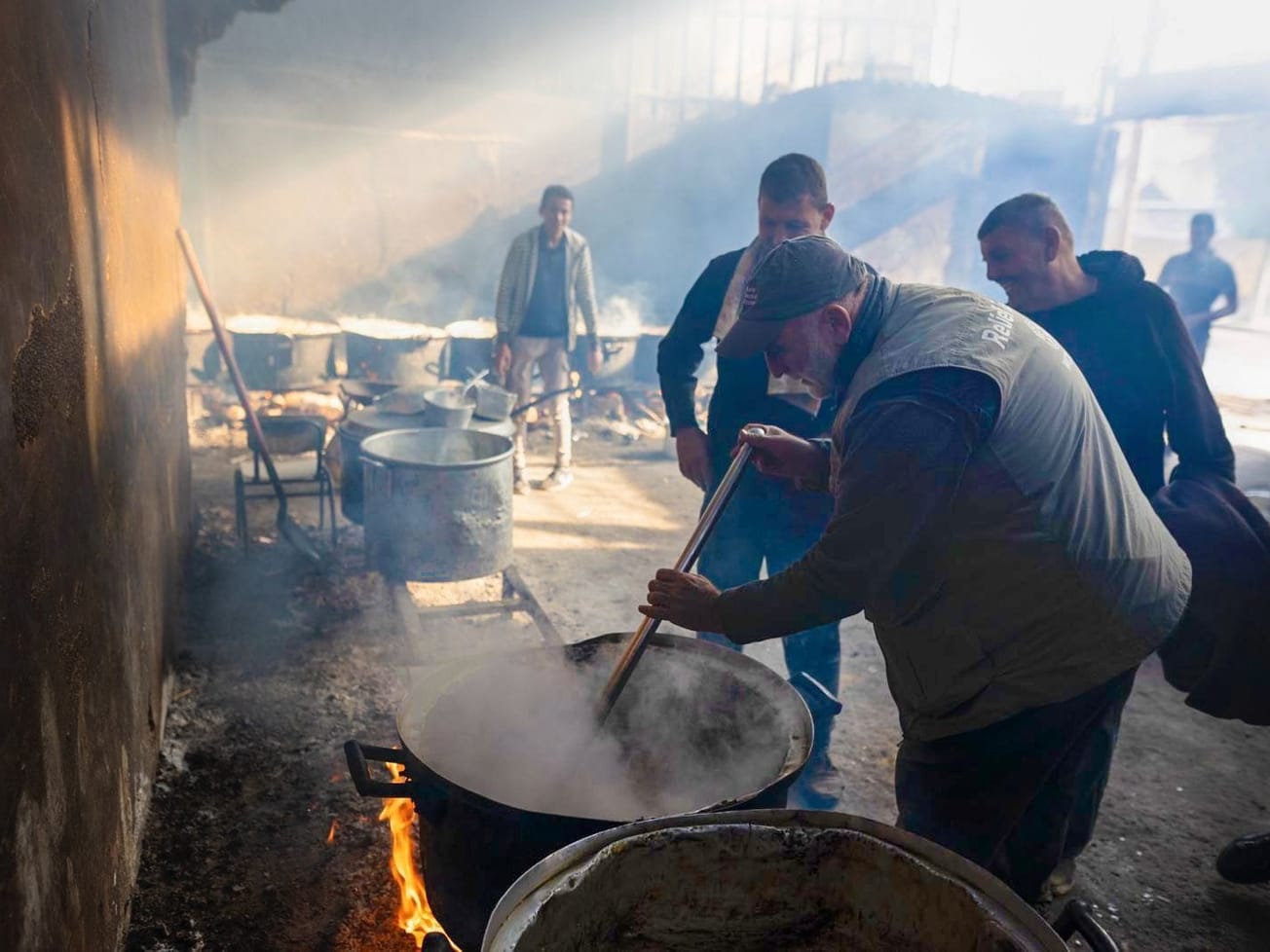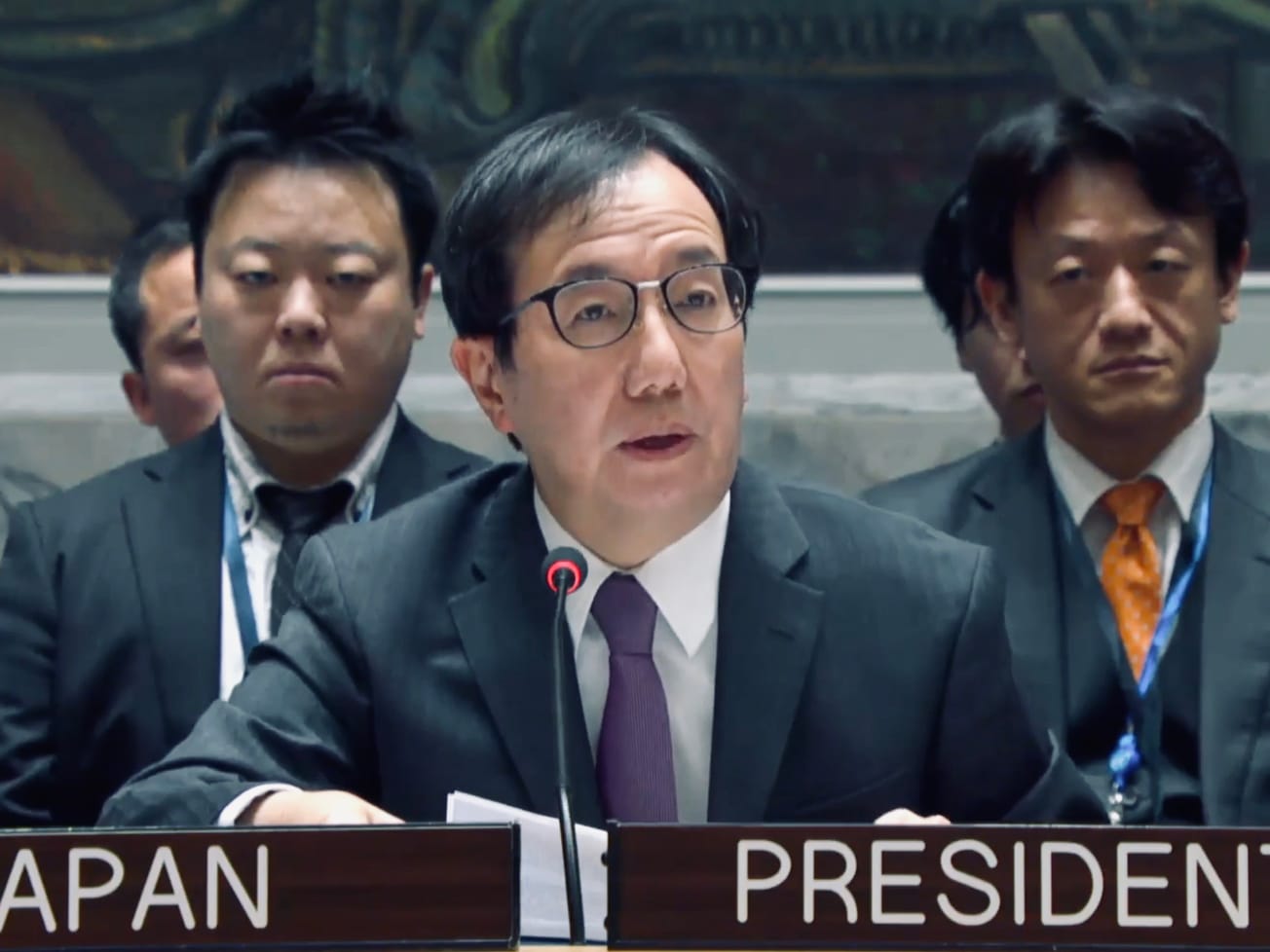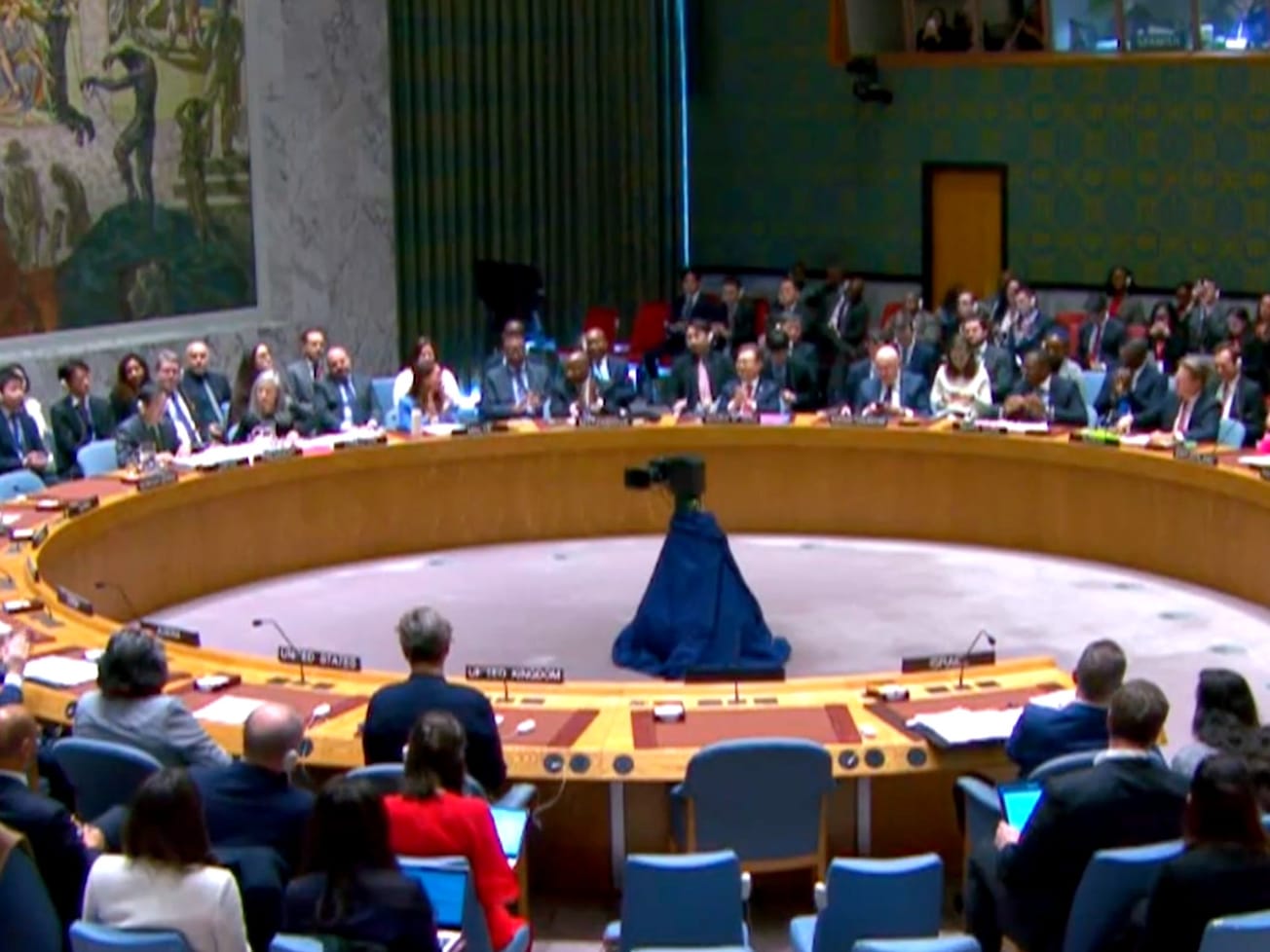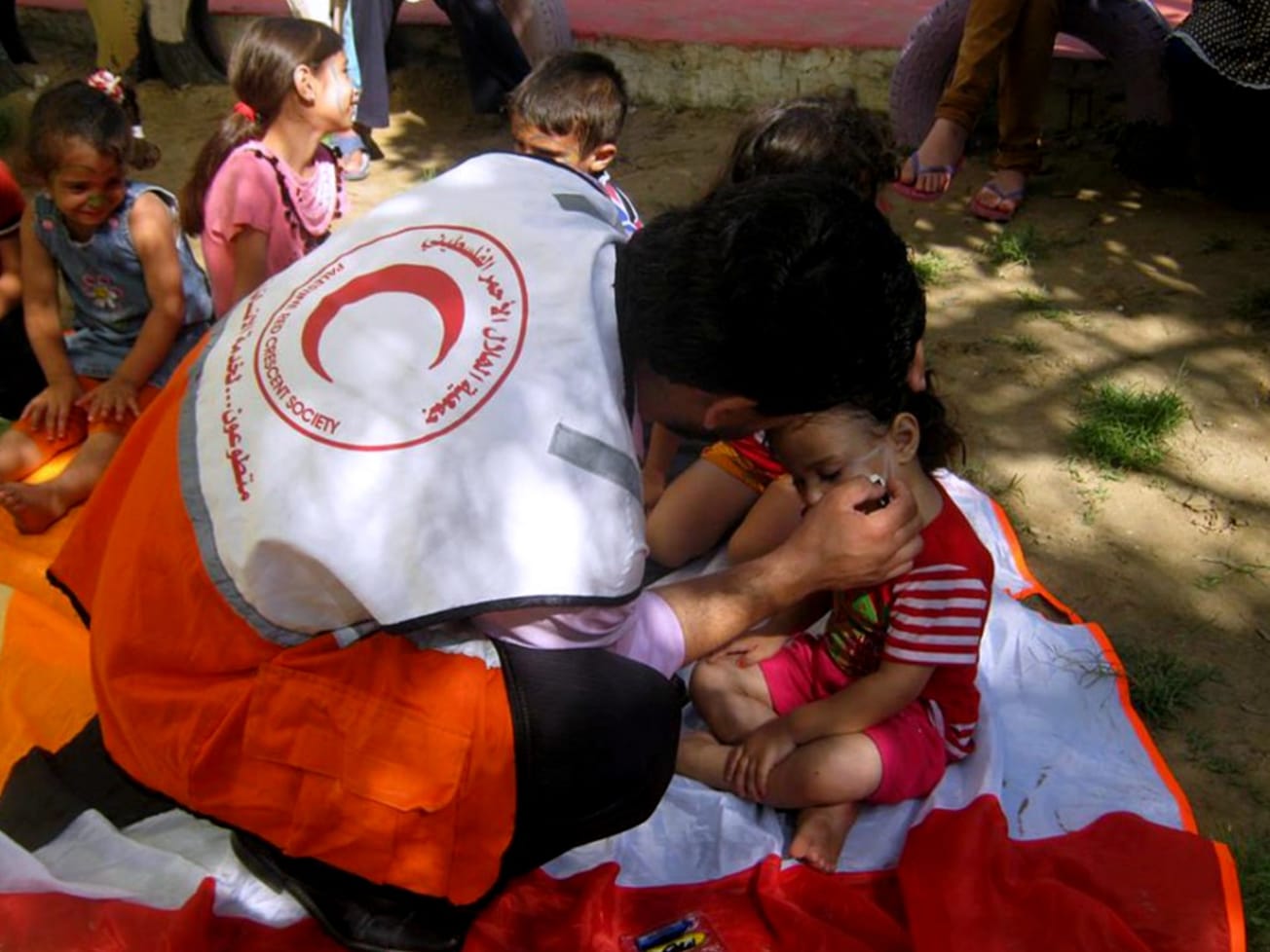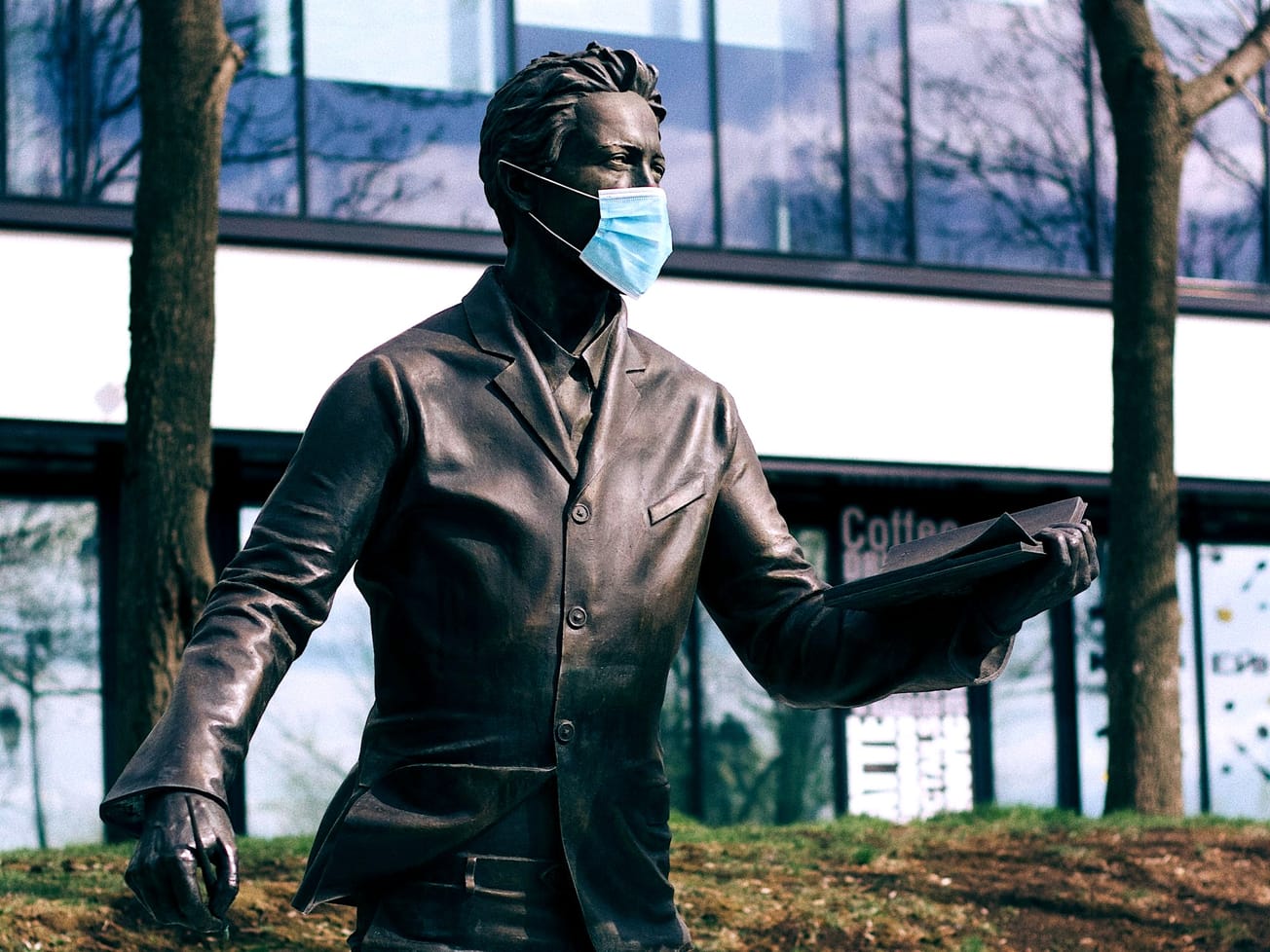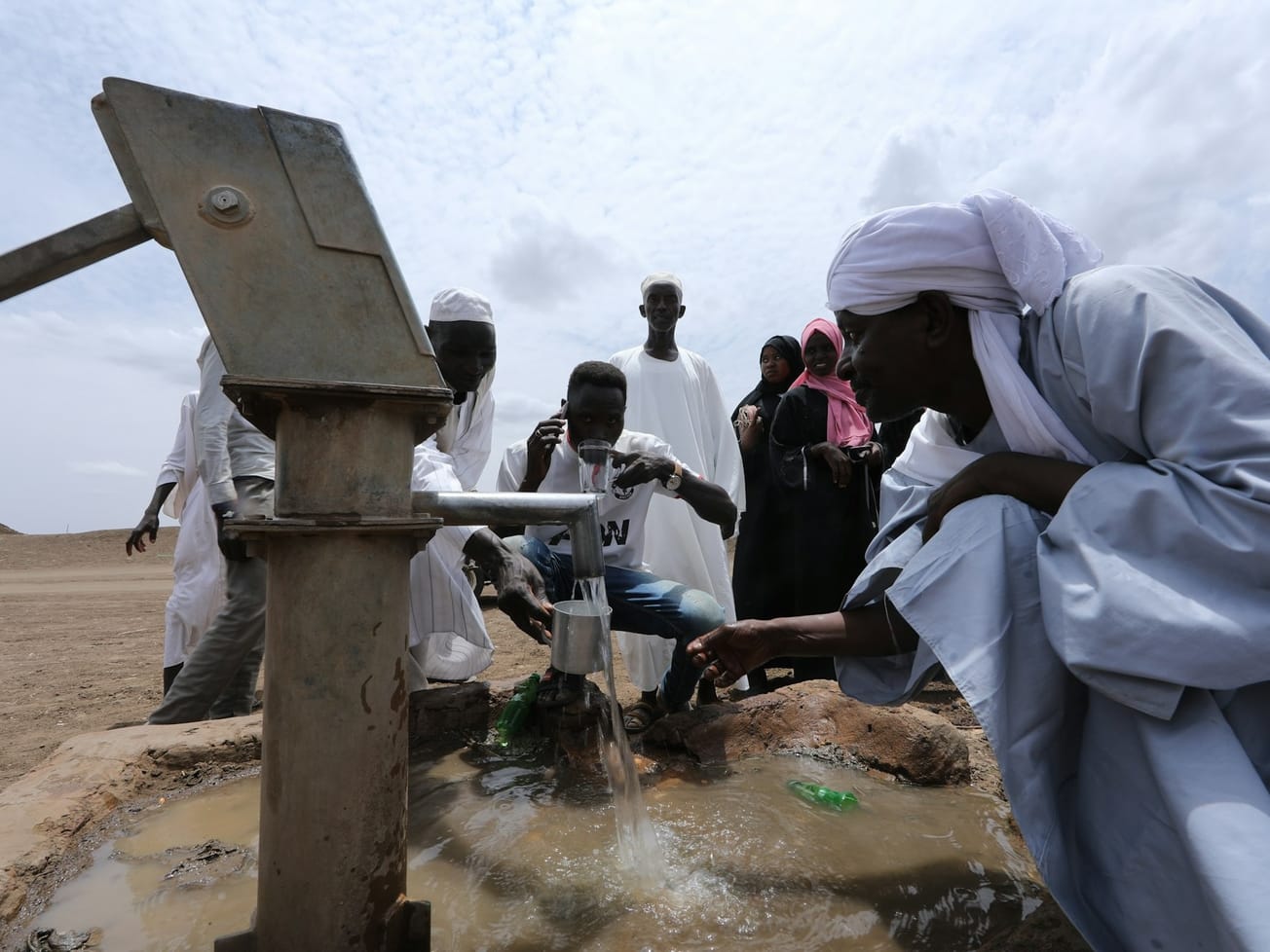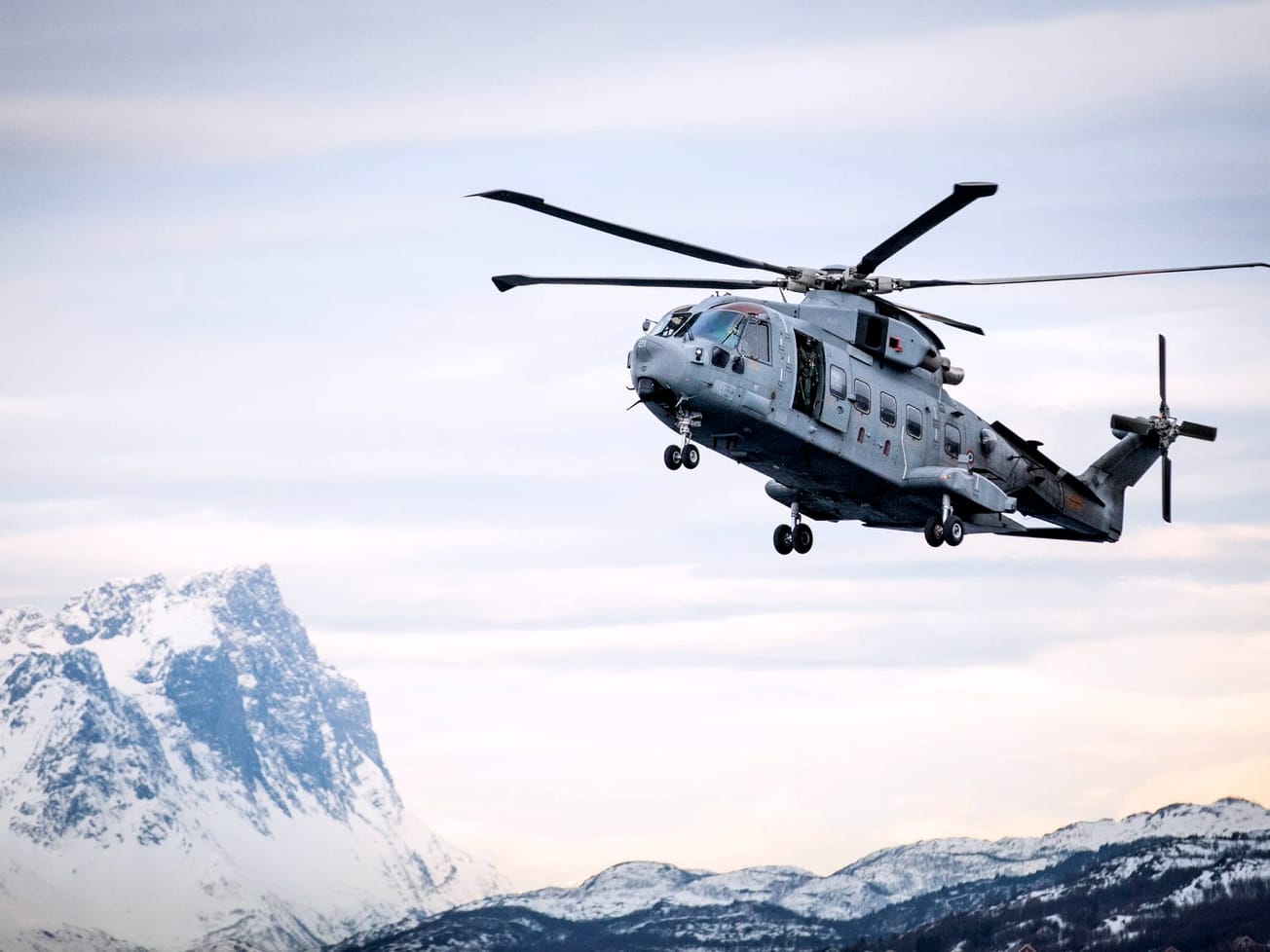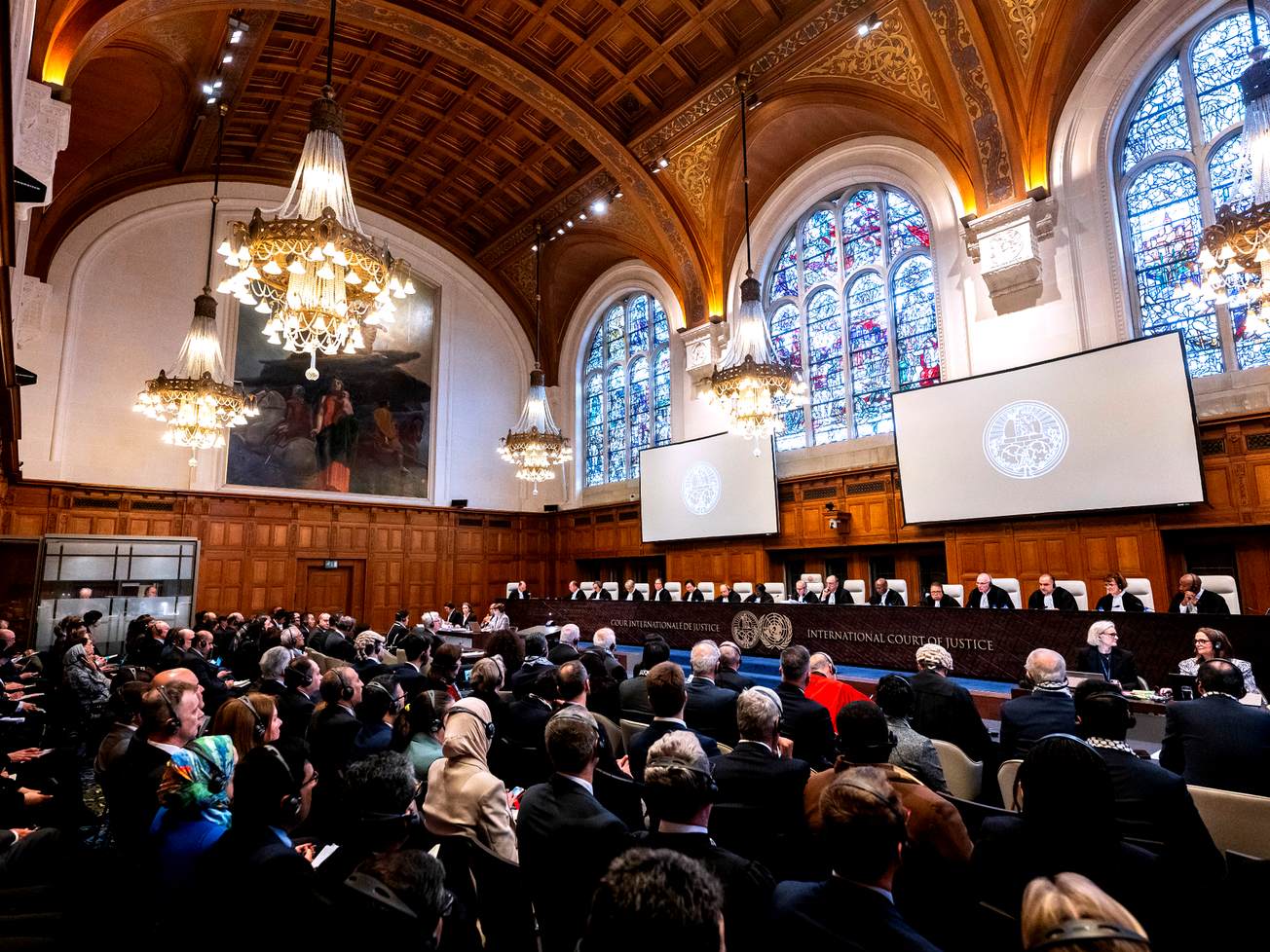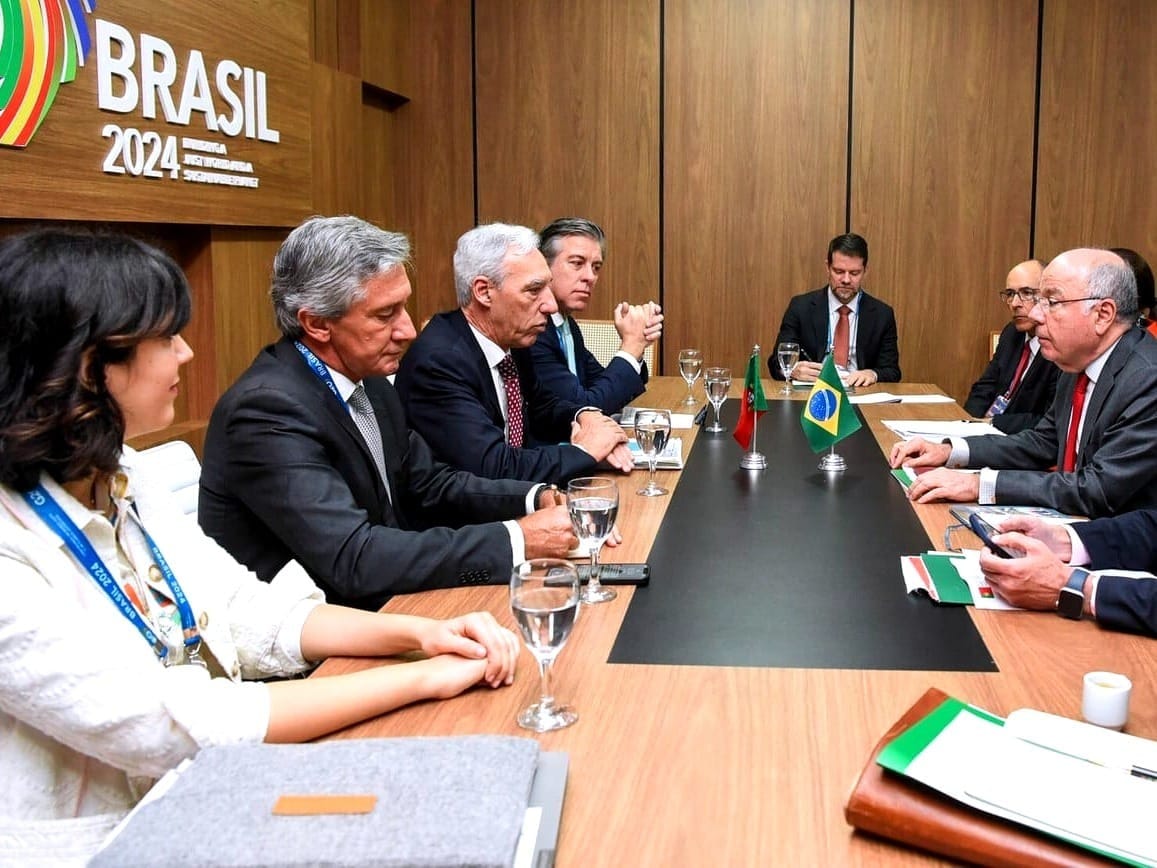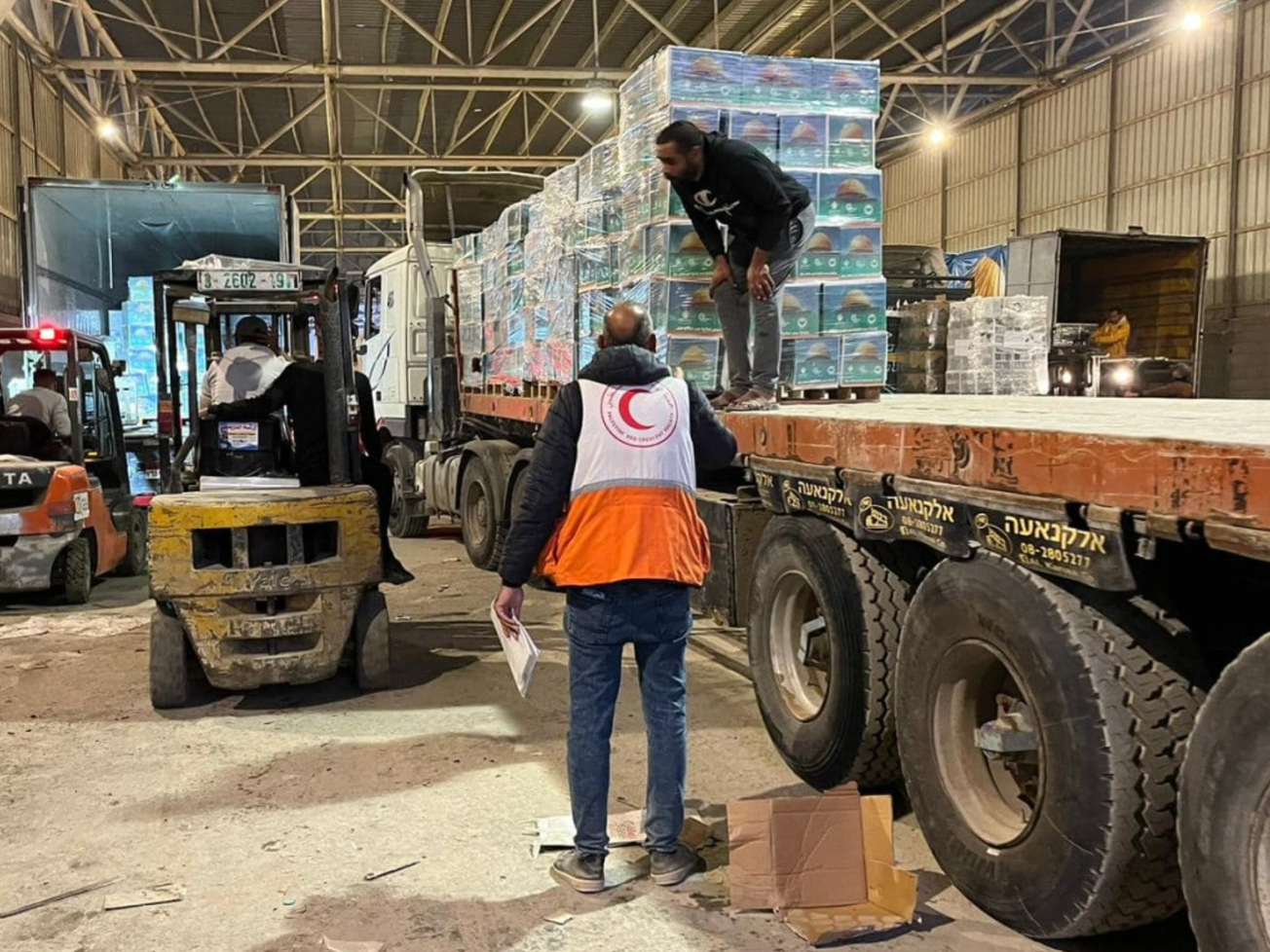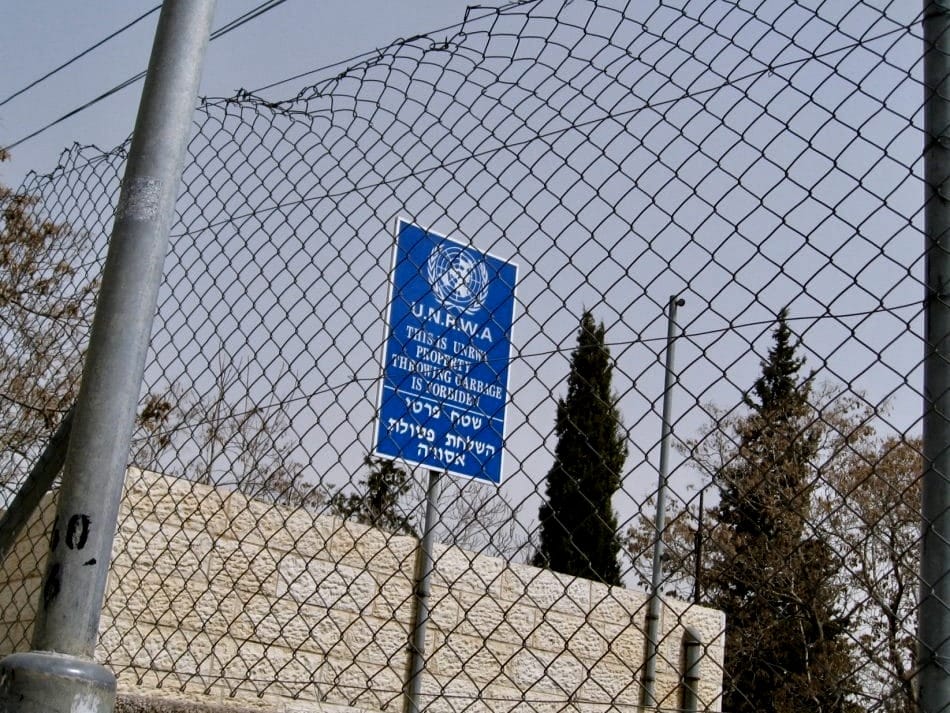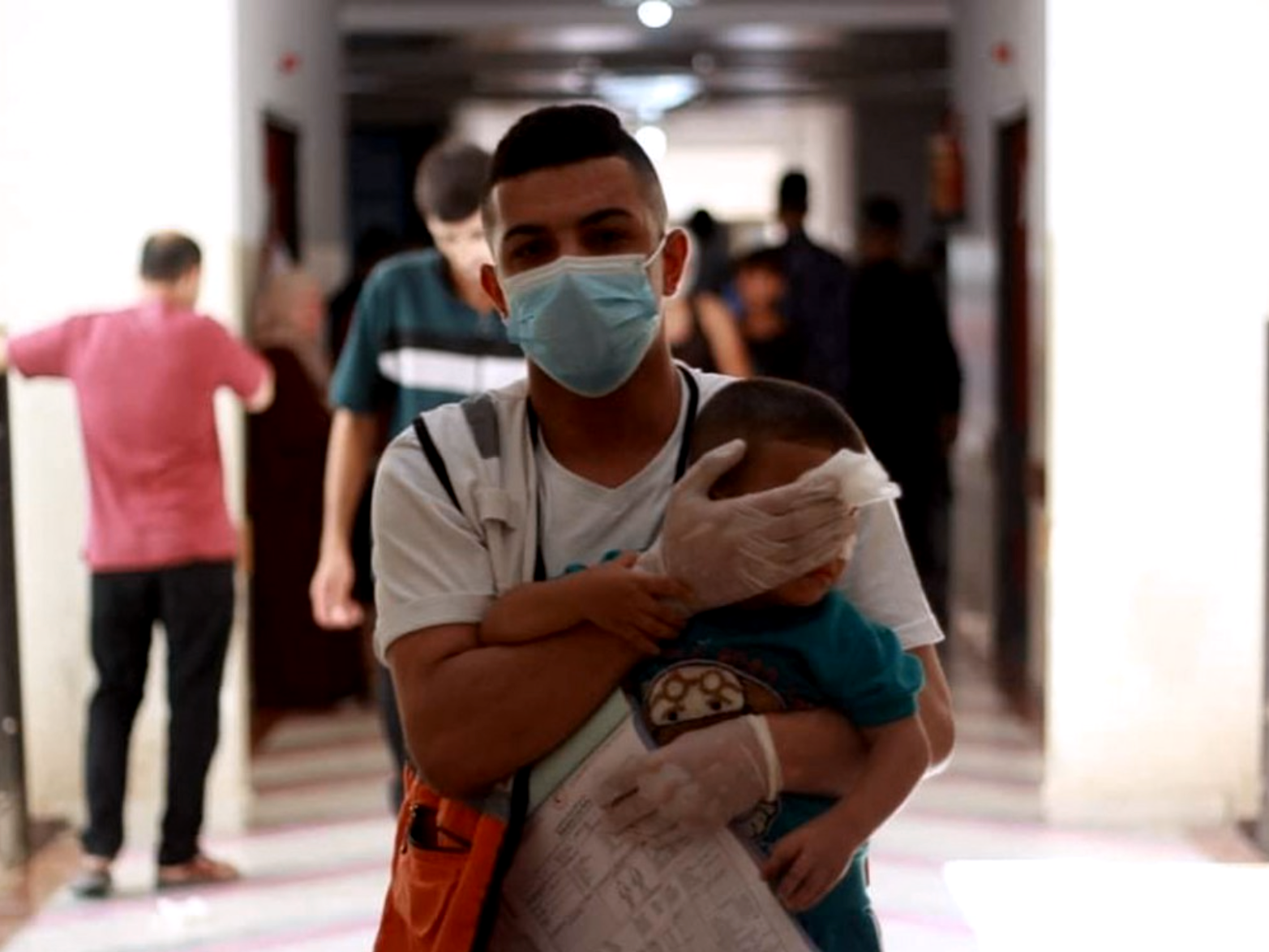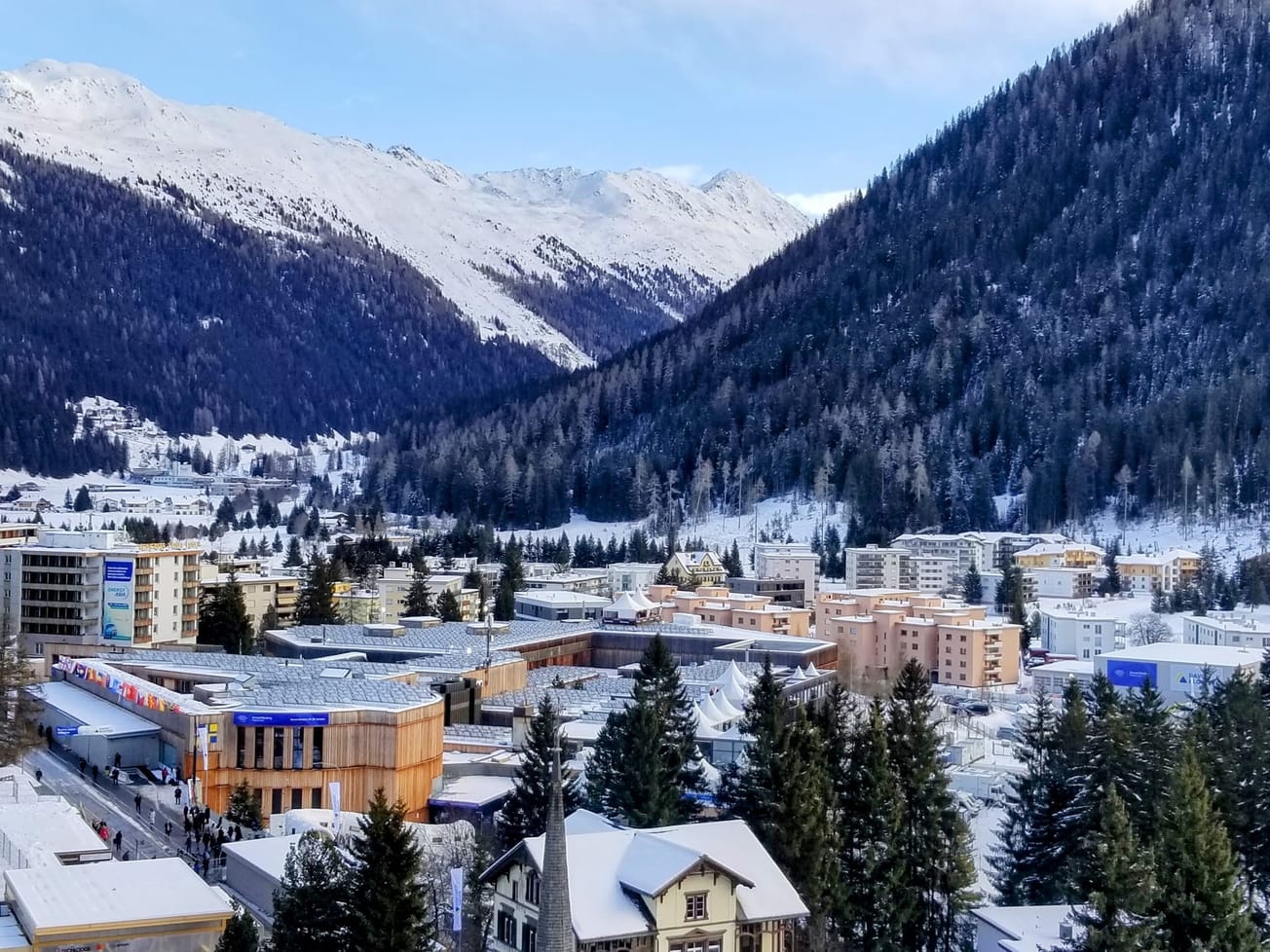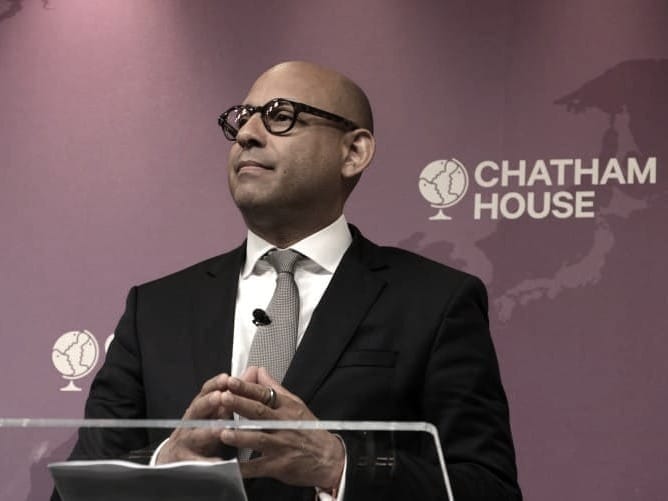
U.N. climate chief says next 2 years will be 'essential' to saving the planet
This year and next mark the countdown to a 2025 deadline for governments to strengthen their carbon-cutting plans.

Already have an account? Log in
This year and next mark the countdown to a 2025 deadline for governments to strengthen their carbon-cutting plans.
At least 200 humanitarian workers have been killed in Gaza — more than 95% Palestinians – since the outbreak of war.
A Swiss-led U.N. Security Council committee will find it harder to deal with 'suspicions' of sanctions violations.
On a 14-0 vote with the U.S. abstaining, the council urged a cease-fire in Gaza during the Muslim holy month of Ramadan.
After the U.S. vetoed the first three proposals, China and Russia stopped the council's fourth try at a Gaza resolution.
WHO's chief warned that 'a torrent of mis- and disinformation' affects pandemic treaty negotiations restarting this week.
The U.N. Security Council demanded an immediate end to fighting in Sudan during Ramadan, which begins Sunday.
Sweden does not share a border with Russia, but its coastlines stretch 3,218 kilometers to its east along the Baltic Sea.
The International Court of Justice heard testimony on the legality of Israel’s 57-year occupation of Palestinian territories.
Non-veto wielding nations have tried for years to reform the U.N.'s post-World War II power structure with little success.
Aid workers witnessed 'unprecedented levels of desperation,' confirming Gaza’s 'precipitous slide into hunger and disease.'
Nine staff were immediately identified and terminated. Two were still being identified; one was confirmed dead.
Russia’s war in Ukraine and the Israel-Hamas war accelerated geopolitical tensions among major powers.
Leaders departed after a week of talks dominated by wars in Gaza and Ukraine, AI and a year of elections.
More than 2,800 leaders from 120 countries were expected at the World Economic Forum gathering this week.
The World Meteorological Organization said the world hit the record books, up 1.45° C. from pre-industrial times.
